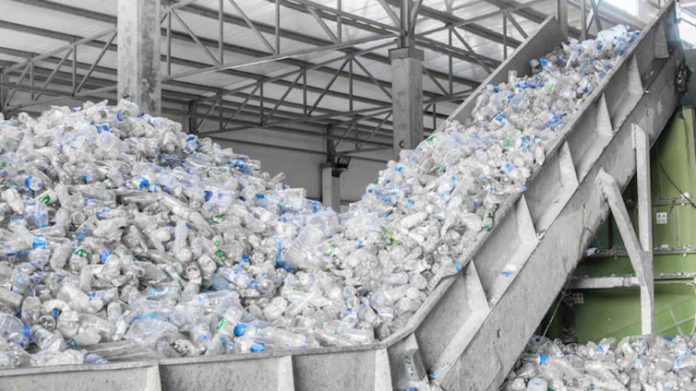Environmental advocates are lauding the proposed five per cent tax on locally manufactured plastic products, believing it will help address the issue of plastic pollution.
The founder of the African Youth Alliance for Chemicals and Waste, Kwame Ofori, supports the tax as a means to manage plastic waste.
However, he suggested a reduction in the tax rate. According to him, the government must involve stakeholders, especially manufacturers, in deciding the tax percentage.
“I believe it is a good thing but one of the things we could talk about here is the reduction of the 5%,” he said.
Additionally, Eco-Conscious Coordinator Awula Serwah is advocating for a ban on single-use plastics, arguing that alternatives exist and urgent action is needed to combat plastic pollution.
She believes that banning single-use plastics, like plastic bags, would be more effective than imposing a tax.
“Urgent action needs to be taken against the plastics menace. It is doing us so much damage…. Regarding the tax, it might perhaps be more helpful to have a ban on single-use plastics such as plastic bags, we don’t need them,” she said.
However, the proposed tax has sparked controversy among plastic manufacturers, who threaten to shut down their production plants for one week, sending over 30,000 workers home if the government does not halt the implementation.
At a press conference, they accused the government of misusing the existing 10% environmental tax, intended for environmental protection but not utilised for plastic waste management and recycling.
President of the National Association of Sachet and Packaged Water Producers, Magnus Nunoo claims that the government has not used any of the 10% Environmental Excise Tax for its intended purpose.
The President of the Ghana Plastic Manufacturers Association, Ebbo Botchway shared the same sentiment.
“This fund was meant for plastic waste management and recycling activities, yet not a single cedi has been allocated for these purposes.”
“That money [1.97 billion Ghana cedis.] I am sure one-tenth of it will set up a lot of recycled initiatives and plants that would consume all our plastic wastes….”
Mr Nunoo further warned of a potential shortage of bottled and sachet water if the manufacturers proceed with their planned shutdown, urging the Ghana Revenue Authority (GRA) to stop harassing plastic manufacturers and calling on the Ministry of Finance to respond within a week to avoid the shutdown.
READ ALSO:


